TL;DR (Too Long; Didn’t Read)
Every person is a potential target of hackers. If you think “I’m not important enough to get hacked”, you could potentially be an easier target. There are steps you can take to protect yourself from these hackers and make yourself a less likely target.
Introduction
According to the Forbes article “American Password Habits”, users use the same password for AT LEAST four accounts, on average. I know I was guilty of this at one point too.
The Issue Explained
Most people think that they aren't important enough to have their accounts targeted by a hacker. This can and does lead to poor security hygiene. Hackers want any account they can get their hands on for any or all of these reasons:
- Theft: Hackers can use your accounts to steal from you or pretend to be you to steal from your loved ones.
- Financial Gain: If hackers get ahold of your passwords and other personal data it can be sold or used for identity theft.
- Scamming and Spamming: If the account compromised is a social media account, the hackers are able to message those around you pretending to be you potentially compromising their accounts or stealing from them.
Everyone has probably been told by a friend, neighbor, or family member working in tech "DON'T REUSE YOUR PASSWORDS". It's probably begun to go in one ear and out the other, but I promise you, it's sound advice.
Sharing the same password across accounts, especially those with sensitive information (bank account, email, etc.) leaves you very vulnerable. If a hacker gets into one account, they can try the same login on other sites—if you reused the password, they now have access to everything.
Real World Hypothetical:
You might think it's safe to reuse the same password everywhere except your “important” accounts (like your bank, Amazon, or healthcare portal).
But here’s the catch: if a hacker gets that one reused password from a random site, they can use it to log into your email. From there, they can reset the passwords to everything else—including the accounts you thought were protected. Suddenly, you're locked out of your own life.
What You Can Do About It
Most of this post has been targeted at reusing passwords but this is not the only culprit of poor security hygiene. There are lots of other factors that come into play, but here are some things you can do to mitigate your risk:
- Don't reuse passwords - This has already been touched on in the last section, BUT DON'T DO IT.
- Change your email password (NOW) - Your email is the center of all of your other accounts, the thing tying them together. This is where you should have one of your strongest, most complex passwords. If you don't have that, go change it now, I'll still be here when you get back.
- Use multi-factor authentication - If a site or app supports it, enable it. Even if your password gets stolen, a hacker can’t log in without your authentication app.
- Check for past breaches - Use Have I Been Pwned to see if your emails or passwords have been compromised in known data breaches.
This is not an exhaustive list but it will begin your journey to safer account security.
Wrap-Up
Look your passwords in the eye, are they strong enough to protect you? If not you need to do something about that today. There is nothing worse than finding out that someone has been messaging your friends from your Facebook account. Don't let this happen to you, up your personal security by beefing up your passwords.
Recommended Tools for Safer Accounts:
If you're looking to take a step towards better account security, here are a few trusted tools we recommend:
- YubiKey 5 NFC – A physical security key that works with Facebook, Google, and more to protect against unauthorized access. View on Amazon »
Note: Some links above are affiliate links, which means we may earn a small commission if you make a purchase—at no extra cost to you. We only recommend products we trust and believe can genuinely help improve your security.
